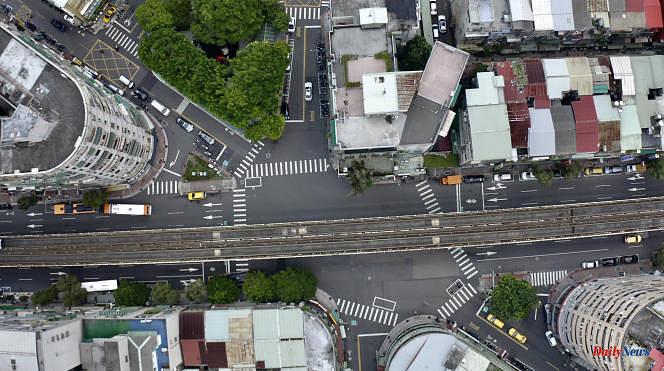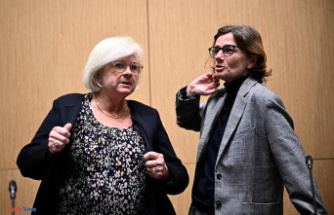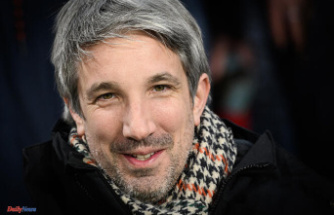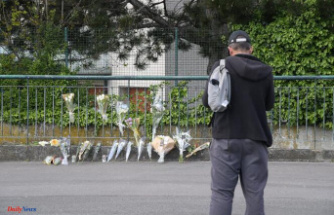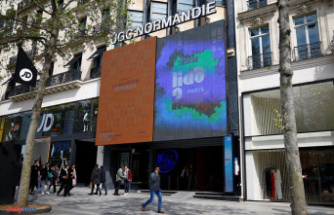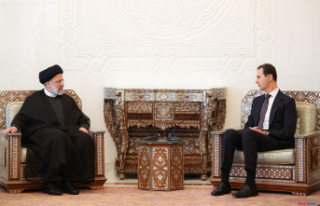After Russia invaded Ukraine, China invaded Taiwan? "Never say never," said Admiral Lee Hsi-min, a former Taiwanese army chief of staff responsible for drawing up a plan in the event of an invasion. Since February 24, 2022, in fact, the first day of the war at the gates of Europe, the threat has increased on Taiwan, an island located 160 kilometers off the coast of the second world power.
While Beijing is increasing military maneuvers, Chinese President Xi Jinping declared on October 16, 2022 that he wanted "peaceful reunification" with the 23 million Taiwanese. Forgetting the history and the technological revolution that have transformed the island since the arrival of Chinese dissident Chiang Kai-shek in 1949, until bringing to power, in 2016, President Tsai Ing-wen. Now, 95% of the population rejects any attachment to China.
The history of this country is, it is true, complex. To make it accessible, director Wandrille Lanos uses archives, commented on with pedagogy and seriousness, before listing the handicaps and assets of this "forbidden nation".
Interested support from the United States
Militarily, Taiwan cannot compete with China, as evidenced, among other things, by flying over the artificial islands on which the latter has established its bases. Nor diplomatically, while its entry into the UN is blocked by the "single recognition" imposed by China - any country that recognizes China cannot also recognize Taiwan. The island is thus a member of neither the World Health Organization nor Interpol.
Taiwan can, however, count on the support of the United States, from the Taiwan Relations Act of 1979 to Joe Biden's recent statement assuring that he would commit militarily to Taiwan's side in the event of an attack by China.
This support is interested. Having become the world's largest producer of semiconductors, Taiwan provides 60% of electronic chips and 90% of latest-generation chips. With the help of reports, in particular in a state-of-the-art factory on the island, the film looks back on the construction of this national excellence since 1980, which today forces China to buy its microprocessors from it.
The other side of the coin, Beijing is trying by all means – debauchery of engineers, disinformation – to appropriate this know-how, while remaining Taiwan’s leading economic partner. This economic interweaving displeases young people. While a sequence recalls the no less complex construction of Taiwanese national unity, the film largely gives voice to the new generation – in particular to the digital minister, Audrey Tang, transgender, to the strategist Enoch Wu, to the artist Lu Yu-han.
All come together around the values of democracy, freedom and plurality. To defend them, they say they are ready to fight and die.

